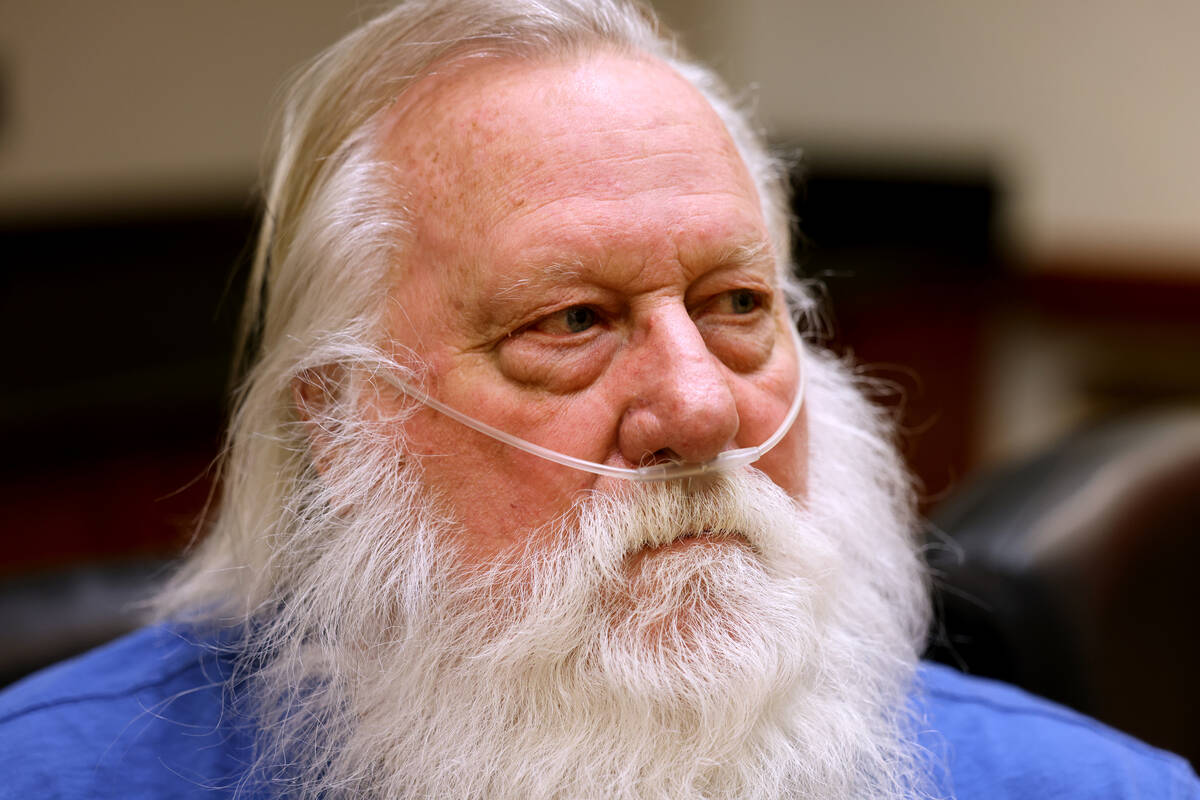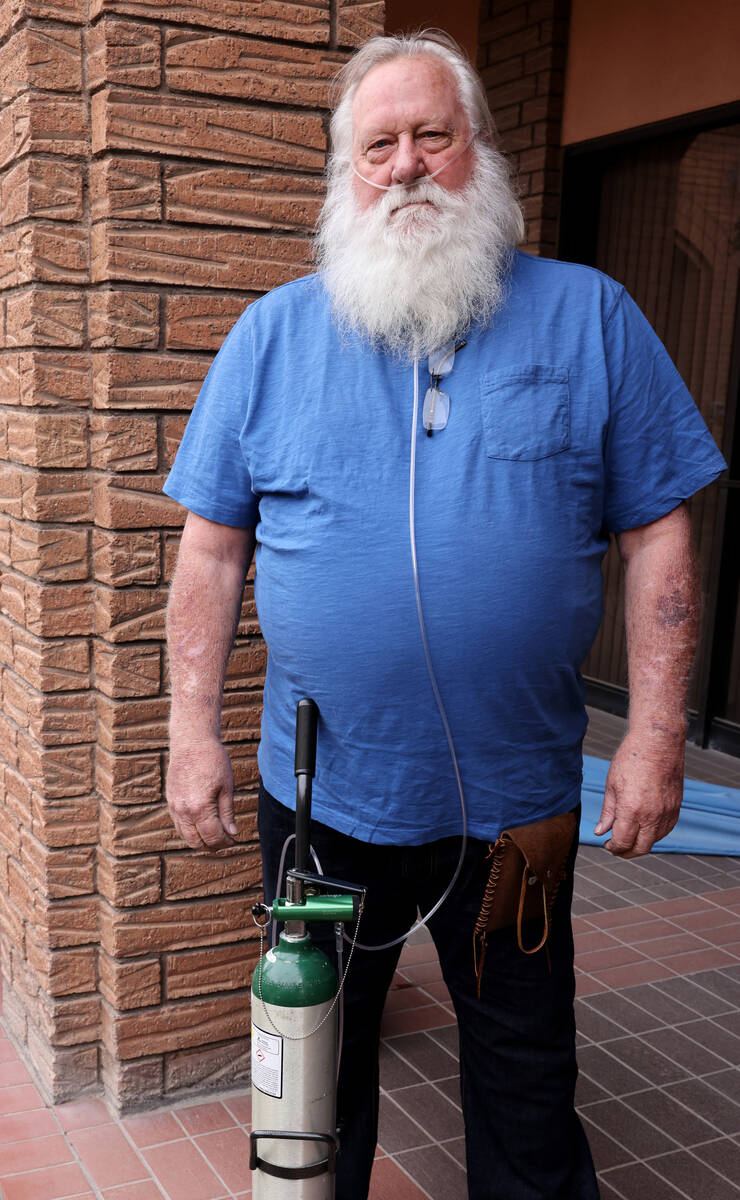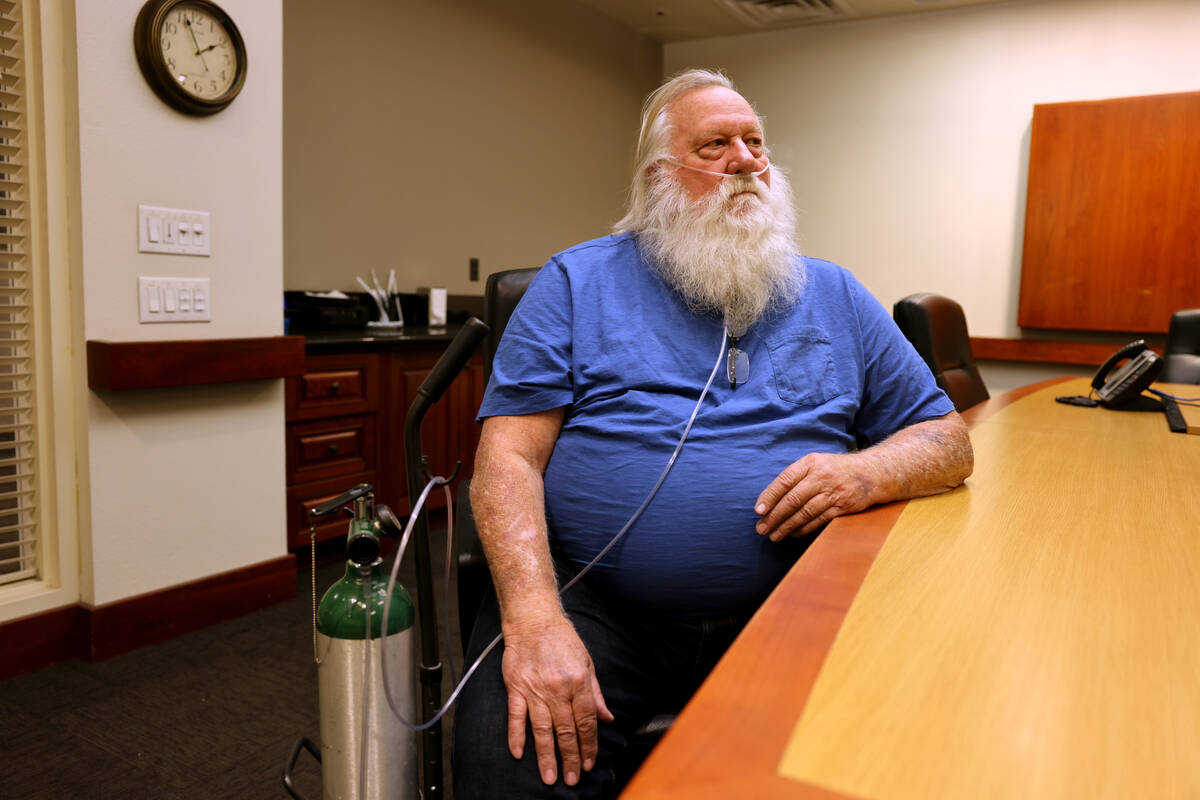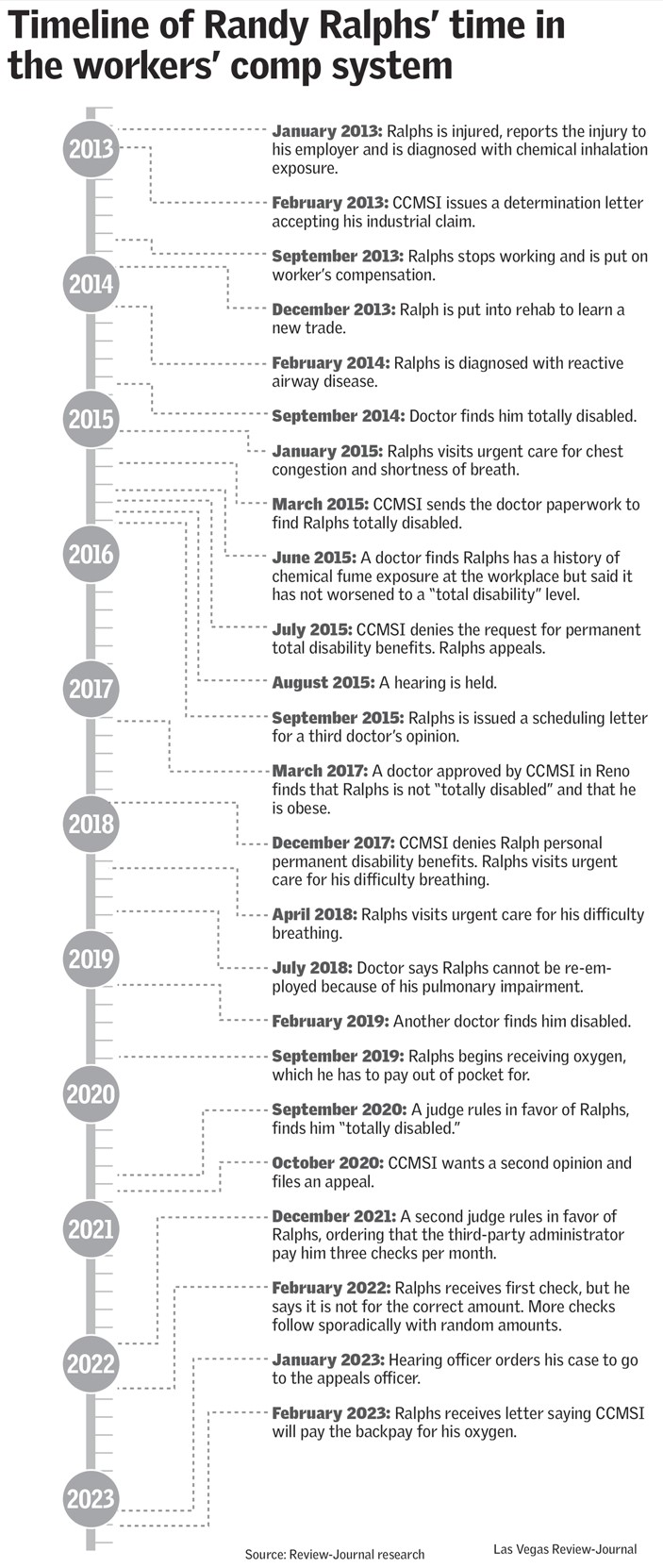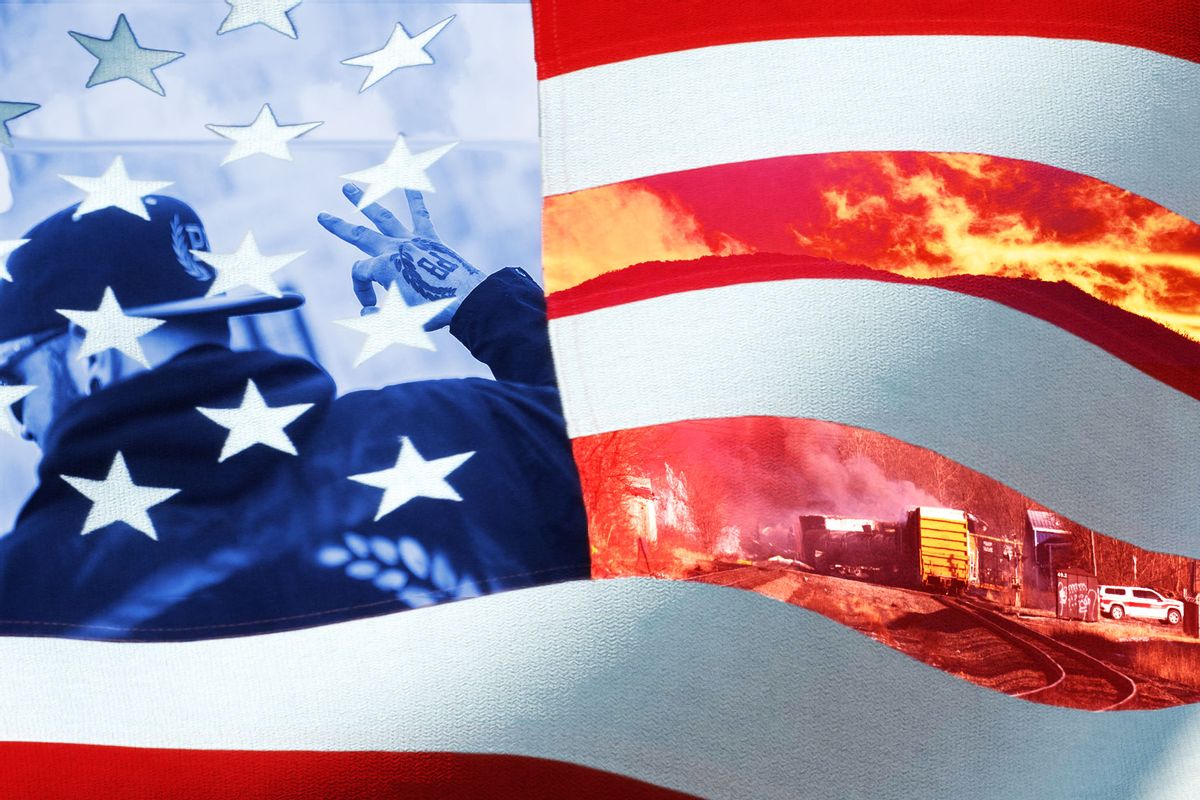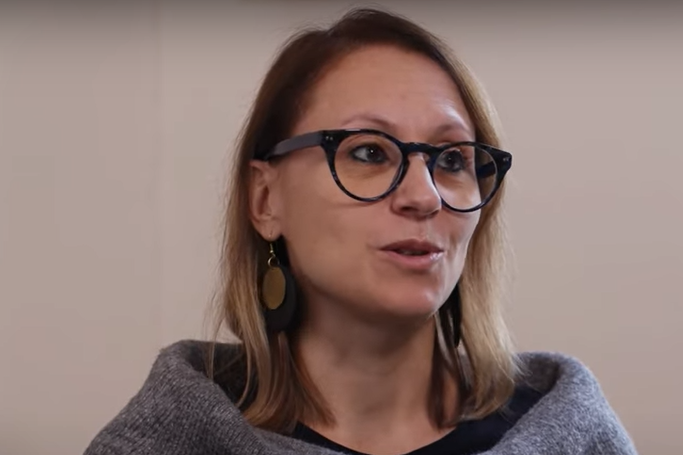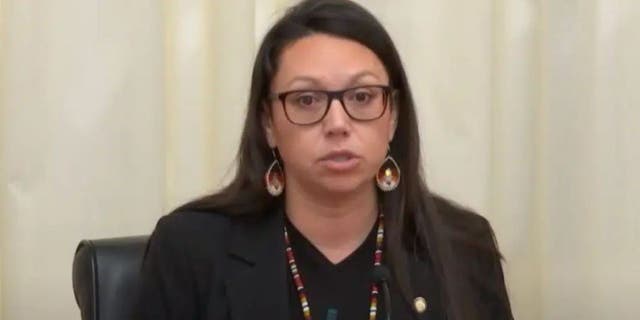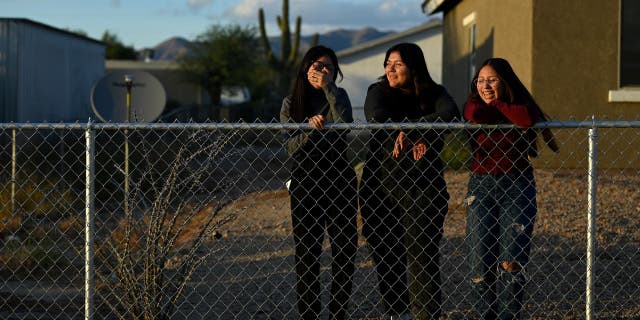Gargi Mahadeshwar (GM): To start, I would love to hear a little bit more about your background and how you became interested in studying Operation Condor.
Francesca Lessa (FL): I was studying for a PhD in International relations at London School of Economics a few years back. Most of my academic trajectory has been in international relations, and much of the interest I had was always on the ways in which states interact with each other in a number of issues, in particular on the issue of human rights. When I was working on my PhD thesis, I was looking specifically at the ways in which Argentina and Uruguay found different ways after the return of democracy to come to terms with the legacy of the crimes against humanity that had been committed at the time of their respective dictatorships. At the same time, I was reading a few things about Operation Condor, but back then I didn't really have too much time to sort of deepen my research on Condor, because I was already trying to wrap my head around two very complex cases.
But when I finished my PhD and my thesis was published as a book, I was sort of in a kind of transition period looking for my next research project. And exactly at that time, a friend of mine from Uruguay, who is a survivor of Operation Condor and a survivor of the Clandestine Detention Center in Buenos Aires known as Automatores Oreletti, in late 2012, mentioned to me one day that a new criminal trial would be beginning in the courts of Buenos Aires, which would investigate her case alongside that of various other victims for the first time.. . [she was] looking forward to having her case finally being investigated by a criminal court in Argentina, because this took place almost 40 years after the events that she had suffered. So when she mentioned this to me, it sort of reminded me about what I had read on Operation Condor as part of my PhD thesis. And I thought it would be a good opportunity for me to follow the trial in Argentina as a sort of lens to also explore Operation Condor more broadly.
In your book you explained that you had conducted around 105 interviews and attended 74 hearings as part of your research. What difficulties did that bring as you were doing your research, and what was the most difficult part of collecting all of these stories?
There were several challenges throughout this project. The first one was specifically about the trial and the experience of sitting in on a large number of hearings. On one hand this was inspiring, because listening to the stories of the victims and also of the relatives who had been extremely brave in denouncing the crimes throughout time was extremely empowering and extremely inspiring, and also showing the resilience that some people have in the face of the most terrific human rights violations. But of course, listening to their stories was also very challenging. I think no matter how many stories you hear, you never get used to it. It is just extremely difficult to even just imagine the level of cruelty that has happened across the world in so many of these dictatorships. So it was difficult to sit in and listen to the stories.
Of course, one big obstacle that I faced was that in 2017, myself and 12 other people received death threats in Uruguay. This had quite a major impact because I had just moved to Uruguay a few months earlier to continue with this project after spending time in Argentina . . . I had to move back to Argentina and try to locate alternative archives and alternative interviewees. But in that sense, I was also quite fortunate that many people helped me and offered access to other archives so I could travel to Brazil and to Chile and to Washington to use other archives to sort of fill out those gaps of the Uruguayan archives that I couldn't use in the end.
Thank you for sharing that. Could you share some moments of hope throughout your journey or maybe a story that brought you hope while you were working on this project?
I think the story that I would like to share is the story of the two siblings that is also the opening of the book. I think the story of these two siblings is quite powerful because it encompasses a number of countries because the whole ordeal that they experienced sort of geographically illustrates the ability by the military regimes to effectively suspend borders so that the crimes could be committed literally beyond any of the borders. What I remember from the interviews is that Anatole, the older brother, shared little anecdotes [of hope]. For example, when they were in the orphanages, he would never let go of his sister. Like literally, he was always near her and very protective of his sister to the point that there had been various families that wanted to adopt them but only wanted to adopt one or the other; they didn't want to adopt both of them. And in the end, the judge allows the adoption to the only family that wanted to adopt both. I think it shows so powerfully how the love that he had for his sister was so clear, and he was only like four and a half years old. But I think everything he had been through made him very protective of his sister and the fact that he said some people were trying to change her name, and that he always insisted on calling her Vicky, because that was her name, Victoria, and is the name that she goes by even today. So, I think it's small things like that, that in the context of the enormity, of the tragedy that lived through, that link back to the humanity of people and the ways in which these two siblings have been able to remain very close. They've become justice seekers who have led the demands for justice and were able to achieve various criminal verdicts in Argentina and in Uruguay at the Inter-American court. So, I think they are very inspirational stories that speak of all of the love and the power of families that some of the military regimes were trying to destroy.
A large part of your work deals with that transitional justice and I was wondering if you could talk a bit about the role of memory in a society and achieving that justice and how that's been playing out since these trials are being held so much later than the actual crimes occurred.
So, I think memory plays an essential role, and there is the sort of famous saying that a society that doesn't remember its past is condemned to repeat it. And I think it is in part a reflection of what we see happening across many countries of the world. Unfortunately, there have been several academic studies carried out that show that many countries that have been through conflicts or human rights atrocities are likely to relapse in a similar pattern within 10 years. So we know that there can be recurrent cycles of violence and human rights violations. And I think this is where transitional justice and memory come in as part of the various processes that should take place.
There have also been studies that have shown that the occurrence of trials is correlated with countries having better scores in human rights and democracy. So there has been evidence by various studies that the work of truth commissions and the work of trials and other mechanisms of this kind help improve the respect of human rights. And of course, memory has a key role in all of this.
I think making these official acknowledgements that the state was a violator of human rights, and that has since then become a democracy is where memory symbolic reparations play a key role because of course, the victims themselves are directly affected. But in these cases of state terror, the society as a whole is also a victim. So the memory is not only for the direct victims, but the entire society to know what happened, what were the political, social, historical conditions that led to the onset of this type of repressive crime repressive systems, and what changes also need to happen, whether in the legal system or in the judiciary, or in the police or in the military or many other state institutions in order to ensure that these crimes don't happen again.
Continuing on that topic of truth commissions and other mechanisms of achieving justice, what have you noticed is lacking in these mechanisms, and what do you hope will change about them in the future?
This is a very difficult question. All of the questions are difficult, but this is especially difficult in the sense that there is no specific sort of blueprint or model that can be developed. There are some key features that most truth commissions tend to have, for example, policies of reparations and so on. But I think it really depends on the specific case. Depending on the specific communities, there will be different understandings of the type of justice that is needed in the community that was affected by the violence. I think it would be important that these mechanisms try to do as much as possible to make sure that justice and truth have meaning locally. There is no specific way one can do this, and it will depend on where you are, what happened exactly, who the victims were and so on.
But I think trying to make justice more bottom up instead of top down is important, especially with this objective of trying to really set the grounds for guarantees of non-repetition. If justice doesn't feel like justice in the community is affected, then there is always the potential that new grievances can emerge, that can in the long term trigger again the cycle of violence. Some truth commissions have done it more than others, but I think it's an important objective that should be one of the key elements for transitional justice.
So throughout your research on this project, I know that because Operation Condor was such a big network that involved so many different states that a lot of your work was in various states. Did you notice any major differences in the way that each state reacted to their own history and their ability to hold themselves accountable?
That's an excellent question. I think we can imagine a sort of continuum from full impunity to full accountability, which are, of course, ideals. And so if we imagine this continuum, I think we can place countries along different bits of this continuum. And it's certainly no secret that countries such as Brazil, Paraguay and Bolivia tend to be close to the full impunity end of the spectrum for a number of reasons including their own histories, the history of the dictatorship, the extent of the human rights violations that were committed in the countries, etc. We have countries such as Argentina and Chile, which are not at the full accountability end, but they're trying to transit towards there. And where there have been hundreds of trials for the crimes of the dictatorship, there have been quite comprehensive policies of reparations. There have been truth commissions, there have been lots of symbolic initiatives of transforming former clandestine prisons into museums of memory, of carrying out activities with students to show them and sort of have these experiences for them to learn about their past by talking with the survivors.
I wanted to end by asking you what advice you have for students that are interested in researching human rights in general, and then also in advancing transnational justice.
In terms of advice, I would say that there is a huge need for people wanting to do research on this topic. I feel that I only sort of reached the tip of the iceberg. So there are so many other angles and aspects that will certainly require further research. And for me, the best part of this experience was to be able to spend a long period of time in South America. I was there for about four years, which was life changing, because I think in order to study these topics, you really need to try and understand the countries themselves. I'm not originally from any of those countries, but it seems to me that it's a sort of crucial precondition to even embark on a project like this to really understand the political and social and historical background of the countries and mostly to meet the people who were protagonists in different ways of the stories that one wants to tell. I would also say being open to finding something different than you expected to find or you were hoping to find. If I look back to 10 years ago when I began this project, I think I found some of the things that I was expecting to find, but I found so many others that I was never expecting to find. Allow yourself to be surprised by your research and the whole research process without thinking that that's a failure, because I don't think it's a failure. I think it's part of the whole research process. It's not linear. There's a lot of ups and downs and setbacks and two steps ahead and three back, and then some more ahead. So, I think it's all part of the experience of conducting these types of projects.
Thank you so much! I know everyone at the DHRC is inspired by your work, and so excited to have you at Duke accepting the Juan Méndez Award. So thank you so much again for taking the time out of your day to speak with me.
Thank you. It's been really great to talk to you and thank you for your thoughtful questions. I really, really appreciate it and I'm really looking forward to the visit next week.



